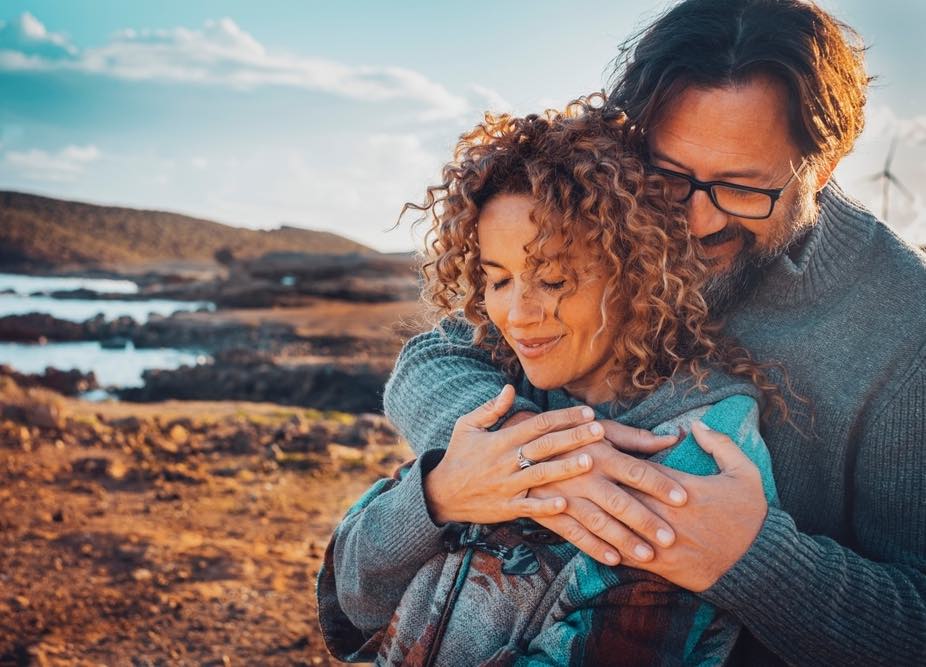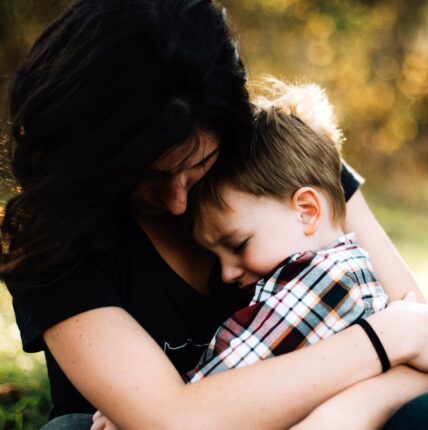
7 things to consider before dating after loss
Someone called remarriage “the triumph of hope over experience”. I see it as the triumph of hope AND experience. A tangible sign of grace in the possibility of being granted new chances, especially if the thought of dating after loss seems overwhelming. As CS Lewis said of his own late marriage, “I never expected to have in my sixties the happiness that passed me by in my twenties.” But considering dating, starting a new relationship, and eventually creating a new marriage after a divorce or bereavement has its complications, and here are some issues worth reflecting on.
Some questions to ask yourself when thinking of dating after loss – whether because of bereavement, divorce or separation:
Do you feel you are still on the rebound?
In the early days after a divorce or entering widow/widowerhood we can feel so devastated that romantic involvement can act as a form of escape or consolation. Though I agonised over it at the time, I’m now glad no serious relationships came my way for several years after I went through divorce. I don’t think I was necessarily in the right place to make good decisions. Spending time as an independent woman helped me regain emotional balance so that when someone special did come along, I felt much more of an equal.
 Are you willing to do some emotional homework?
Are you willing to do some emotional homework?
A marriage ending through divorce or death leaves you with a mountain of feelings such as anger and grief. You have absolutely every right to your feelings but spending time nursing and cultivating them may interfere with your ability to be fully involved with someone new. It’s wiser to learn how to let them go so you are ready to love and commit again Sometimes it happens naturally over time, sometimes empathetic counselling helps undo the knots that keep us tangled in our emotions.
Are you willing to look and learn?
Whatever happened in the past, ask yourself is there anything you can take from it that would benefit a new marriage? Things you would do differently? Situations you would handle another way?
A number of remarried people I spoke to shared some of their own new ways: “I’m willing to speak out if I’m unhappy about something, instead of repressing it all.” “I relax and go with the flow a bit more rather than constantly sticking my oar in.” “I recognise that accepting overseas work commissions badly affected my first marriage.”
Any good at baggage-handling?
Life leaves us with scars so try to be aware of your loved one’s emotional bruises as well as your own. Vicki, who has since remarried after being suddenly widowed, found herself worrying about history repeating itself with her new husband, James. James, whose first wife had left him, found it hard to avoid feeling nervous that Vicki might do the same thing. Can sensitivities, based on painful past experiences, be shared, respected, and reassurance given?
 Blended lives, families or finances?
Blended lives, families or finances?
Second or more time round our lives are less like blank canvases and more like well-filled montages. How do we find loving and practical ways to handle individual jobs, homes, children, finances, and inheritance? This isn’t meant to put anyone off from considering a new relationship. Just to mention some areas that it’s handy to consider, firstly on your own, then together when appropriate, so in effect some of the work will have been done in advance.
Can I treat ex-partners with maturity?
I once read some wise advice about dealing with a spouse’s ex-partner: even if your spouse says negative things about them, it’s better policy not to join in, just listen. Yes, I know as Christians we shouldn’t be bad-mouthing other people anyway (James 3:8-10 talks about ‘taming the tongue’) but as an added deterrent remember your partner cared enough to marry them in the first place, so criticising them comes across as belittling their choice. Keeping things civil and respectful creates a better atmosphere, especially if the wellbeing of any children is a consideration.
Using the past constructively
For me, remarriage has been healing and restorative. I rejoice in that every day. Still, my past is part of who I am, so I don’t blame myself if I sometimes encounter lingering regrets or sadness from past memories. I view it a bit like this: Christ rose from the dead, he was the new life incarnate in which we share, but there were still scars visible to his earthly disciples (John 20:25-27). Jesus enclosed and encapsulated all this experience, and this comforts me.
So don’t beat yourself up if there is some emotion left over from the past. It can be used wonderfully constructively. If you have known rejection, isolation, perhaps betrayal and despair, and yet somehow kept open to God, it can act as a gift both to you and your future spouse. There is a deeper awareness of God’s constancy and it can enrich a new union. I am glad every day for where I am now and I look back and give thanks.
What would be your considerations for dating after loss?
Found 7 things to consider before dating after loss helpful? You might like ‘‘6 helpful tips for dating after divorce‘ and other posts by Katrina Robinson

